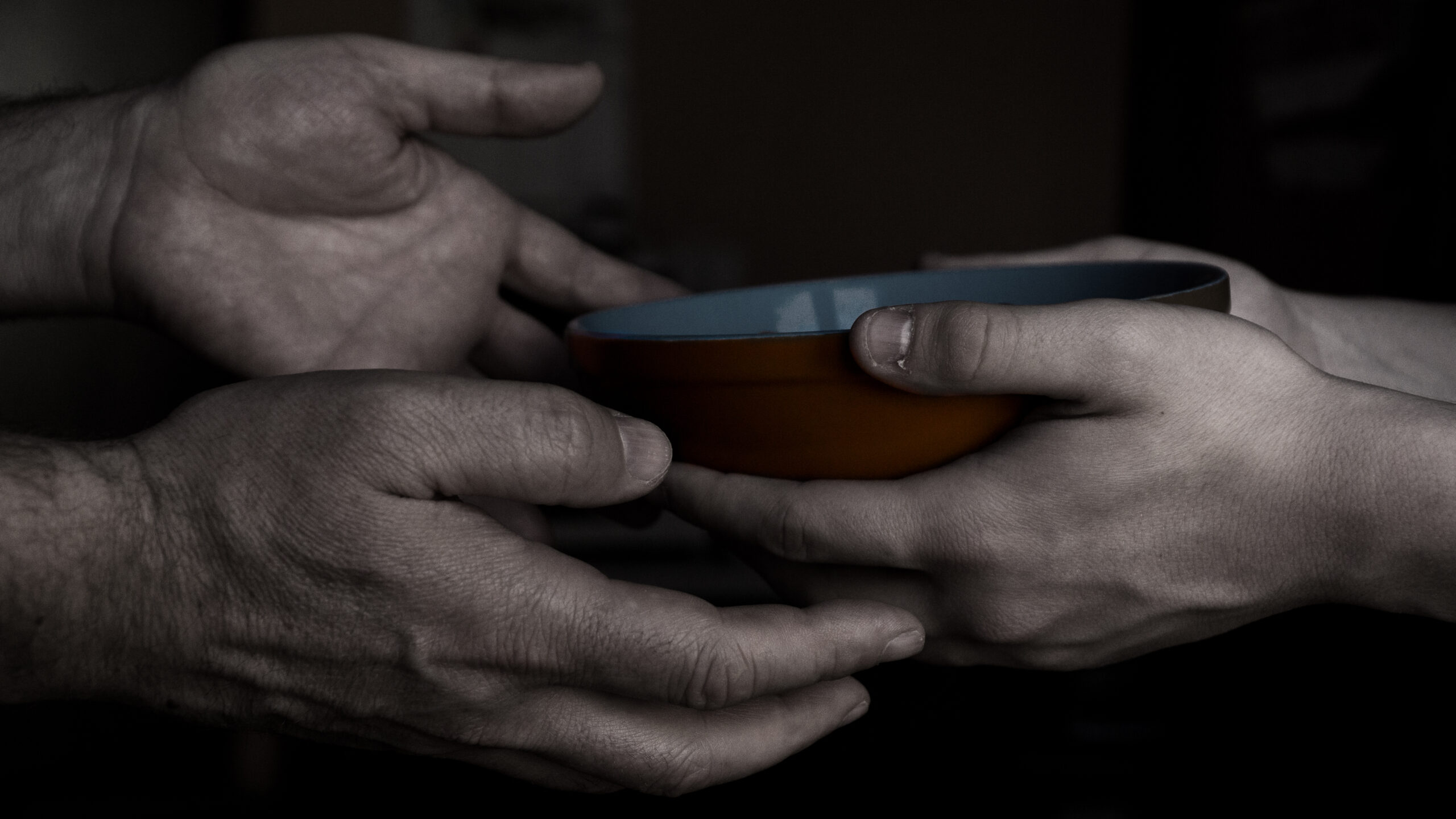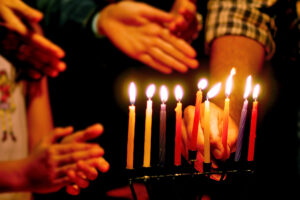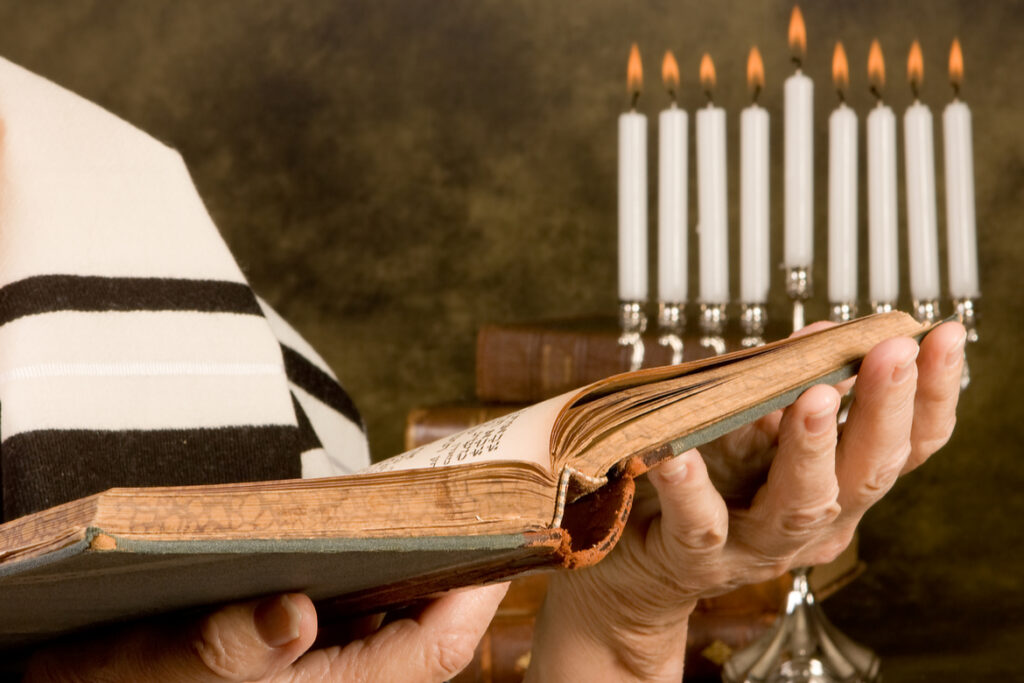Dvar Torah for Parshat Bereishis
Based on Rebbe Nachman’s Stories, The Seven Beggars (The Third Day, The Stammering Beggar)
“It was evening and it was morning, one day… a second day… a third day…” (Genesis 1:5, 8, 13, 19, 23, 31).
Someone got up and said, “I’m wiser than all of you because I’m as wise as an entire day.”
“Like which day?” I [the stammering beggar] asked.
“He’s smarter than I am because he knows to ask, ‘like which day!’ But I’m as smart as any day you like.”
Some things are just counterintuitive. Generosity is one of them.
Most people—especially we Jews, who are bashful, merciful, and kind (Yevamot 79a)—are willing to give charity and help others when they have the money and time. But when we are short of either, our generosity shrinks. We aren’t on the lookout to give tzedakah (charity), and we don’t consider volunteering, formally or informally, to help others—or even ourselves (for example, helping out at our shul). What we need to remember—and it isn’t always easy—is that giving creates.
Our Sages teach this regarding money (Gittin 7a). If a person sees his wealth shrinking, he should make some of it tzedakah; certainly if his wealth is great. The Yeshiva of Rebbe Yishmael provides an analogy: if a person has two sheep to take across the river—one full of wool and the other recently shorn—the shorn one will pass through the water and reach the other side, while the one weighed down by its wool will sink and drown. Giving away your money (to a worthwhile charity!) will help you “cross the river.” Somehow, you’ll have enough to get through.
Rebbe Nachman teaches a similar lesson regarding time. Some of us are always too busy to do something for someone else. All of us are occasionally too busy to help anybody. But we need to keep in mind the message the Stammering Beggar is trying to tell us: time is created by acts of kindness. He goes around collecting the honest kindnesses that we do for one another and gives them as a gift to the grosser man—der emeser ish chessed (the great man, the genuine man of kindness)—who gives them to the Heart of the World, who gives them to the Spring for which it yearns.
The Spring is the sefirah of Chokhmah, the source of tikkun olam, the key to finding the good points within. “You created everything with Chokhmah” (Psalms 104:24). By performing acts of kindness, we buy ourselves time to repair and recreate the world anew (see Likutey Moharan I, 34:5).
agutn Shabbos!
Shabbat Shalom
Ozer Bergman
- 0 comment






















